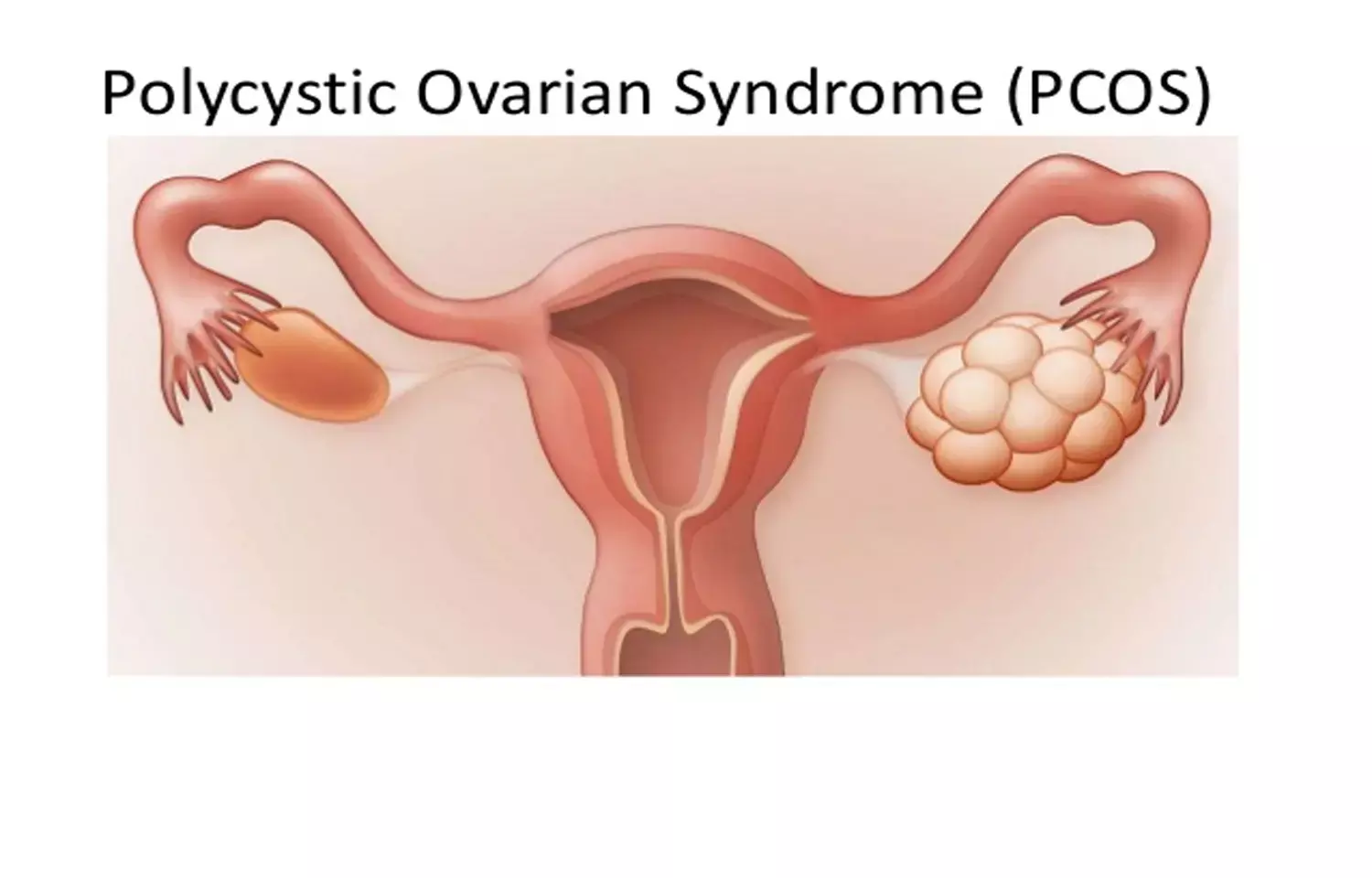- Home
- Medical news & Guidelines
- Anesthesiology
- Cardiology and CTVS
- Critical Care
- Dentistry
- Dermatology
- Diabetes and Endocrinology
- ENT
- Gastroenterology
- Medicine
- Nephrology
- Neurology
- Obstretics-Gynaecology
- Oncology
- Ophthalmology
- Orthopaedics
- Pediatrics-Neonatology
- Psychiatry
- Pulmonology
- Radiology
- Surgery
- Urology
- Laboratory Medicine
- Diet
- Nursing
- Paramedical
- Physiotherapy
- Health news
- Fact Check
- Bone Health Fact Check
- Brain Health Fact Check
- Cancer Related Fact Check
- Child Care Fact Check
- Dental and oral health fact check
- Diabetes and metabolic health fact check
- Diet and Nutrition Fact Check
- Eye and ENT Care Fact Check
- Fitness fact check
- Gut health fact check
- Heart health fact check
- Kidney health fact check
- Medical education fact check
- Men's health fact check
- Respiratory fact check
- Skin and hair care fact check
- Vaccine and Immunization fact check
- Women's health fact check
- AYUSH
- State News
- Andaman and Nicobar Islands
- Andhra Pradesh
- Arunachal Pradesh
- Assam
- Bihar
- Chandigarh
- Chattisgarh
- Dadra and Nagar Haveli
- Daman and Diu
- Delhi
- Goa
- Gujarat
- Haryana
- Himachal Pradesh
- Jammu & Kashmir
- Jharkhand
- Karnataka
- Kerala
- Ladakh
- Lakshadweep
- Madhya Pradesh
- Maharashtra
- Manipur
- Meghalaya
- Mizoram
- Nagaland
- Odisha
- Puducherry
- Punjab
- Rajasthan
- Sikkim
- Tamil Nadu
- Telangana
- Tripura
- Uttar Pradesh
- Uttrakhand
- West Bengal
- Medical Education
- Industry
Women with PCOS at increased risk of cardiovascular events, study finds

UK: A recent study has pointed that young women with polycystic ovary syndrome (PCOS) are at an increased risk of angina, heart attack, and revascularization. Further, the study found type 2 diabetes mellitus (T2DM) and weight to be potentially modifiable risk factors amenable to intervention.
In contrast to morbidity, the researchers found no evidence of increased cardiovascular mortality risk in women with PCOS in the study. The study findings appear in The Journal of Clinical Endocrinology & Metabolism.
PCOS is the most common endocrine condition that affects young women. The condition is characterized by menstrual disturbance, hyperandrogenism, and subfertility. Previous studies have shown PCOS to be associated with an increased risk of type 2 diabetes.
There is no clarity in the association between PCOS and the risk of cardiovascular events in women, given the low risk of cardiovascular and cerebrovascular events in this young female population. Therefore, there is a need for longer-term population-based studies with a large sample size to further clarify these risks.
Against the above background, D Aled Rees, Cardiff University, Cardiff, UK, and colleagues aimed to establish the relative risk of myocardial infarction (MI), stroke, angina, revascularization, and cardiovascular mortality for women with PCOS.
For this purpose, the researchers extracted data from the Clinical Practice Research Datalink Aurum database. Patients with PCOS were matched to controls in the ratio of 1:1 by age, BMI category, and primary care practice. The primary outcome was the time to major adverse cardiovascular event (MACE); a composite endpoint incorporating MI, stroke, angina, revascularization, and cardiovascular mortality.
Of 219 034 people with a PCOS diagnosis, 174 660 (79.7%) met the eligibility criteria and were matched.
The research yielded the following findings:
- Crude rates of the composite endpoint, MI, stroke, angina, revascularization, and cardiovascular mortality were respectively 82.7, 22.7, 27.4, 32.8, 10.5, and 6.97 per 100 000 patient-years for cases, and 64.3, 15.9, 25.7, 19.8, 7.13, and 7.75 per 100 000 patient-years for controls.
- In adjusted Cox proportional hazard models (CPHMs), the hazard ratios (HRs) were 1.26, 1.38, 1.60, and 1.50 for the composite outcome, MI, angina, and revascularization, respectively.
- In a time-dependent CPHM, weight gain (HR 1.01), prior type 2 diabetes mellitus (T2DM) (HR 2.40), and social deprivation (HR 1.53) increased risk of progression to the composite endpoint.
The risk of incident MI, angina, and revascularization is increased in young women with PCOS. Weight and T2DM are potentially modifiable risk factors amenable to intervention.
Reference:
Thomas R Berni, Christopher L Morgan, D Aled Rees, Women With Polycystic Ovary Syndrome Have an Increased Risk of Major Cardiovascular Events: a Population Study, The Journal of Clinical Endocrinology & Metabolism, Volume 106, Issue 9, September 2021, Pages e3369–e3380, https://doi.org/10.1210/clinem/dgab392
Dr Kamal Kant Kohli-MBBS, DTCD- a chest specialist with more than 30 years of practice and a flair for writing clinical articles, Dr Kamal Kant Kohli joined Medical Dialogues as a Chief Editor of Medical News. Besides writing articles, as an editor, he proofreads and verifies all the medical content published on Medical Dialogues including those coming from journals, studies,medical conferences,guidelines etc. Email: drkohli@medicaldialogues.in. Contact no. 011-43720751


